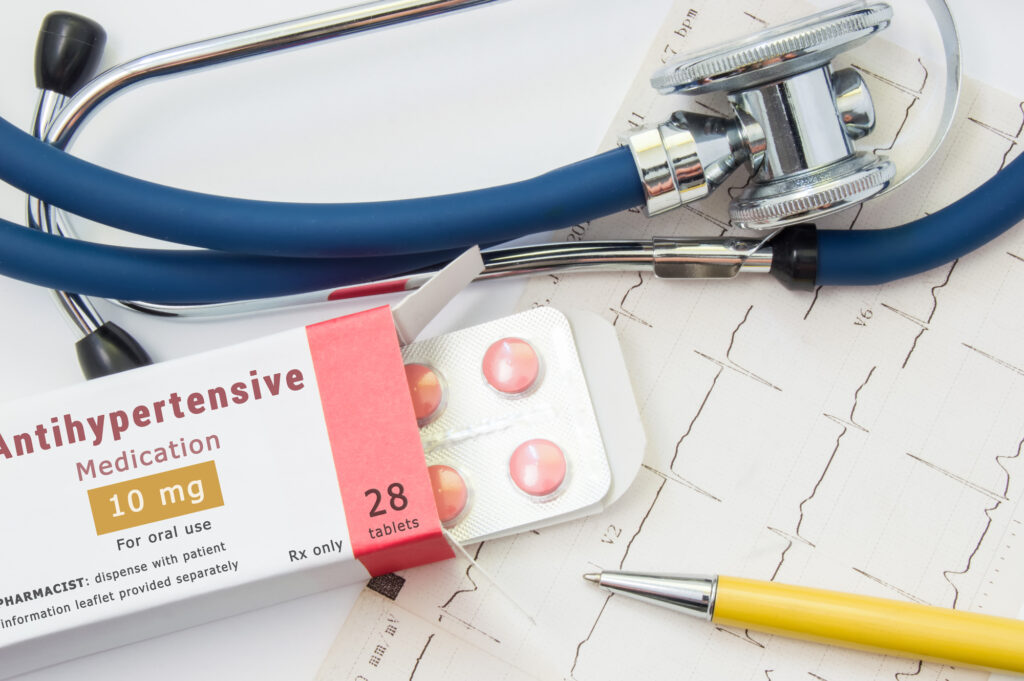Anticipating possible interactions between drugs and dietary supplements is a challenging area of integrative practice. When we think about interactions, we tend to envision risks associated with amplification of drug levels or adverse effects. However, some interactions reduce drug efficacy.
Of these, pharmacokinetic interactions are the hardest to predict and detect. These interactions usually involve herbs or phytochemicals that reduce the absorption or enhance the elimination of the drug, reducing overall exposure.
In the clinic, these interactions might mimic a sudden dose reduction, producing a partial relapse in symptomology, e.g., elevated blood pressure readings after a period of stable values. The effect is usually mild and rapid, occurring within several hours to days after ingesting the perpetrating herbal or food substance. If clinically significant, you might question patient compliance. As you investigate other culprits (sodium intake, stress, exercise, etc.), ask the patient about any new supplements they are taking, and check for possible interactions.
Vitamins and minerals generally do not cause pharmacokinetic interactions with antihypertensives. Some phytochemicals, on the other hand, can attach to enzymes and transporters involved in the absorption, metabolism, distribution, and elimination of some drugs. Common perpetrators of pharmacokinetic interactions are epigallocatechin gallate (EGCG, found in green tea), bergamottin and dihydrobergamottin (found in grapefruit), and berberine (an alkaloid that is sold as a dietary supplement).
The evidence on interactions between herbs, phytochemicals and antihypertensives is quite preliminary, and the long list of “interactions” retrieved in online databases and checkers is largely based on liberal and uncritical extrapolation of in vitro data. If we exclude the guessing and focus on direct clinical trial data, there are 3 interactions with potential clinical significance:
- Grapefruit and losartan. Grapefruit pulp and juice reduces blood levels of the active metabolite of losartan, potentially decreasing the antihypertensive effects of this drug.1 It is unknown whether grapefruit seed presents similar risks, but caution is warranted based on high levels of one of the perpetrating constituents (dihydrobergamottin) in the seed.
- Berberine and losartan. Berberine can reduce the antihypertensive effects of losartan, an angiotensin receptor antagonist, by decreasing its conversion to its active form.2
- Green tea and lisinopril. High dose standardized green tea reduces lisinopril absorption. In small pharmacokinetic study, green tea extract reduced peak plasma concentrations of lisinopril by approximately 71% and drug bioavailability (area under the curve (AUC) by 66%.3 The interaction likely involves epigallocatechin gallate (EGCG)-mediated inhibition of organic anion transporters (OATPs) responsible for drug absorption.
Checking for interactions can be challenging and ineffective without a reliable resource. A good online checker should filter for clinical significance, exclude hypothetical “noise,” and undergo frequent updating as the evidence evolves.
Further reading
Drug-Nutrient Interactions: Solving Three Practical Problems by Kelly Heim, Ph.D.
References
- Bailey DG, Dresser GK. Interactions between grapefruit juice and cardiovascular drugs. Am J Cardiovasc Drugs. 2004;4(5):281-97.
- Guo Y, Chen Y, Tan ZR, Klaassen CD, Zhou HH. Repeated administration of berberine inhibits cytochromes P450 in humans. Eur J Clin Pharmacol. 2012 Feb;68(2):213-7.
- Misaka S, Ono Y, Uchida A, Ono T, Abe O, Ogata H, Sato H, Suzuki M, Onoue S, Shikama Y, Shimomura K. Impact of Green Tea Catechin Ingestion on the Pharmacokinetics of Lisinopril in Healthy Volunteers. Clin Transl Sci. 2021 Mar;14(2):476-480.






